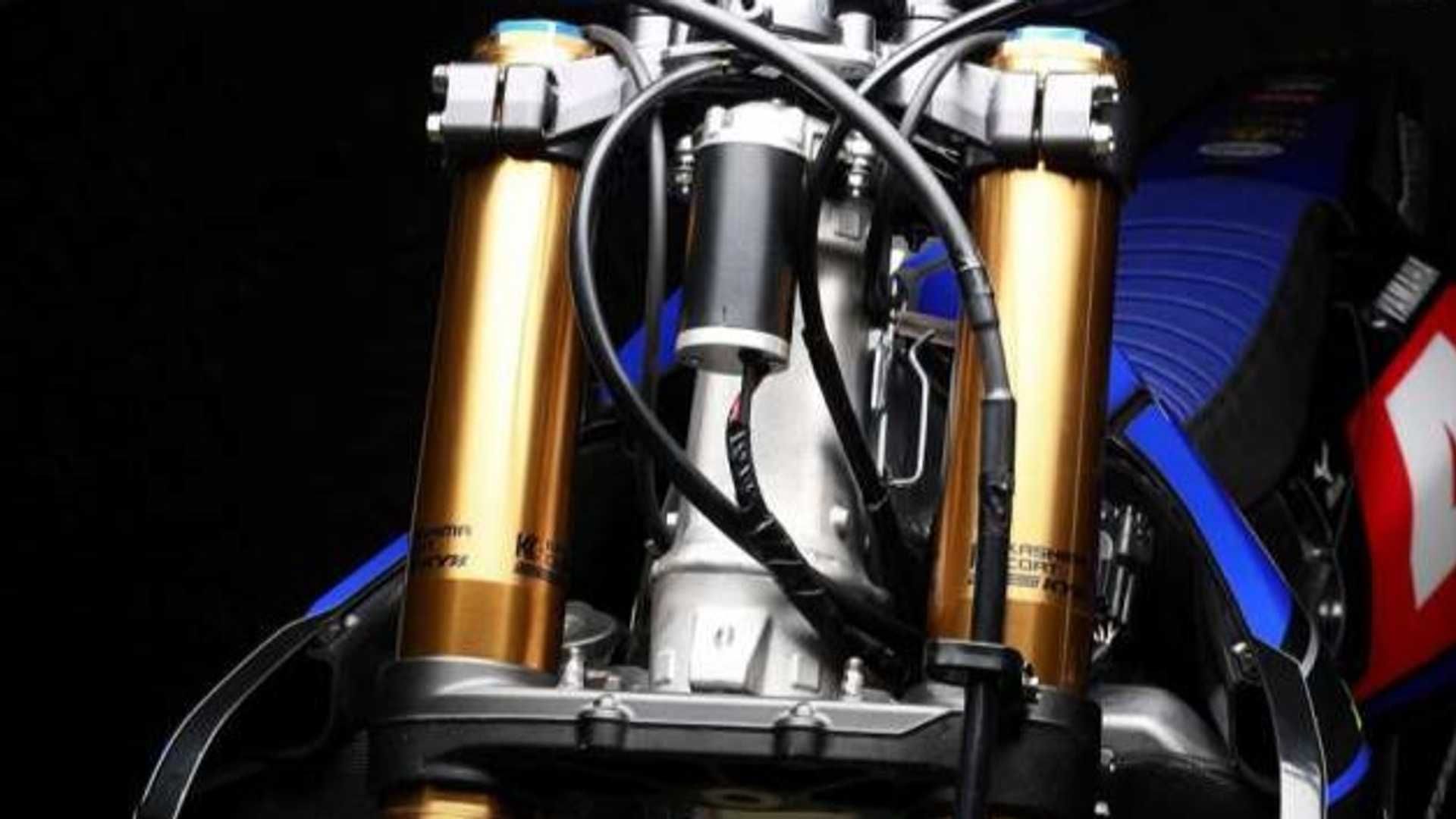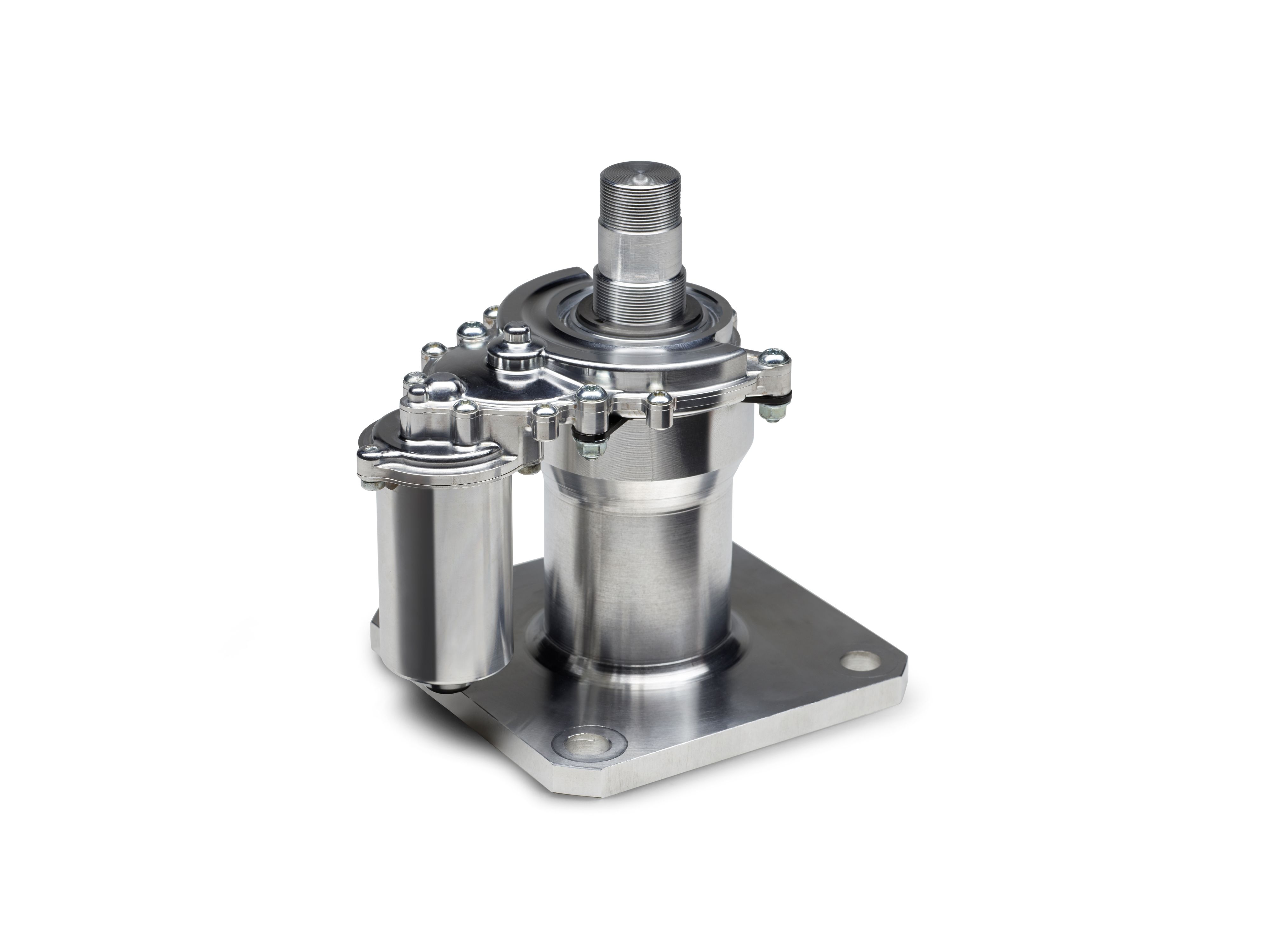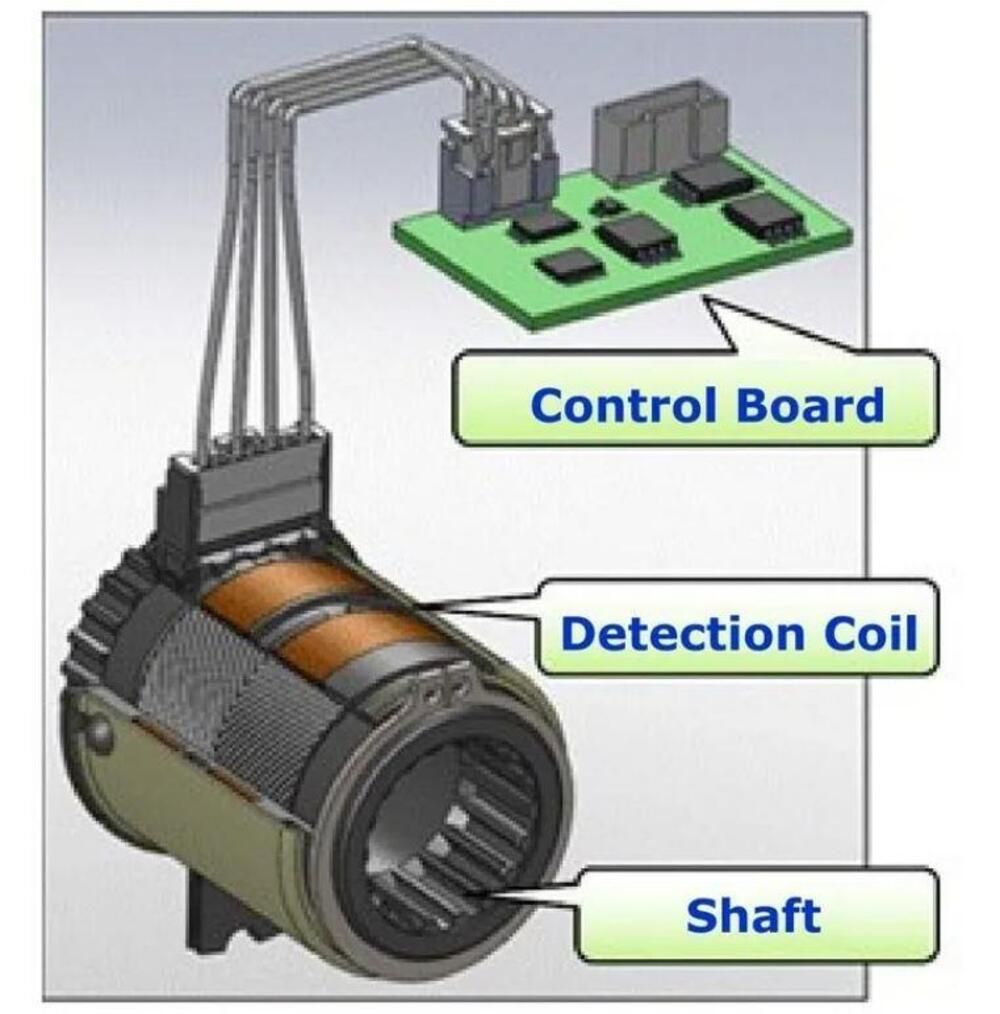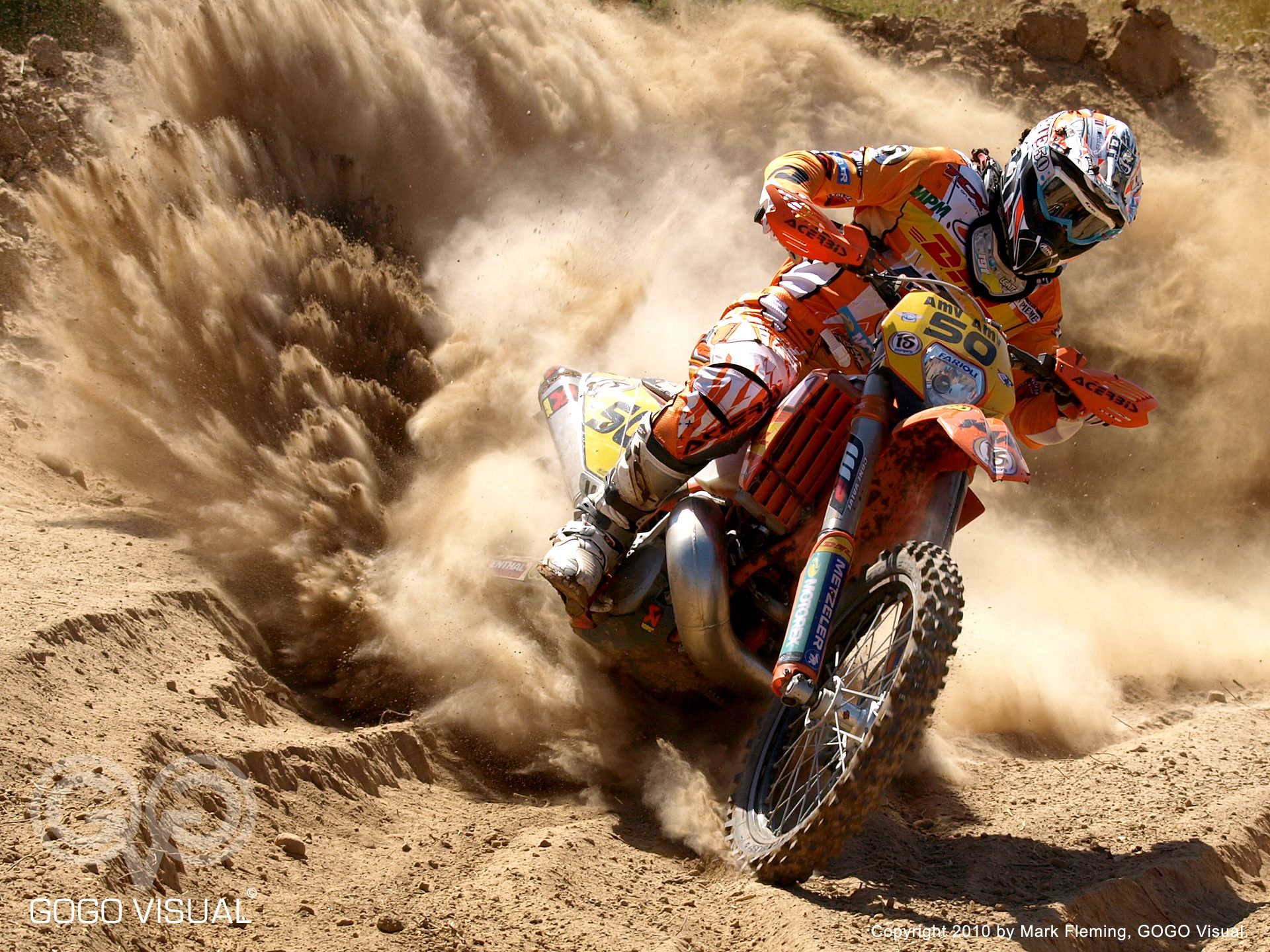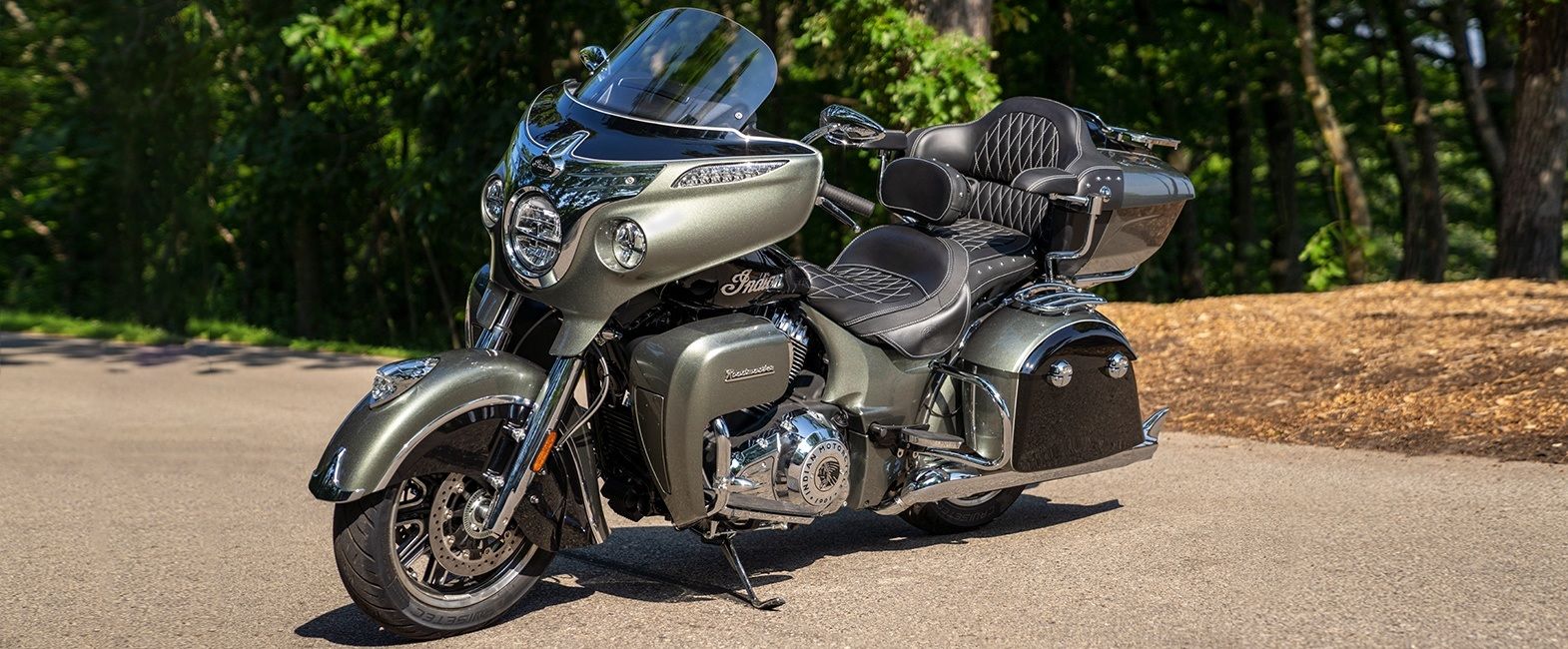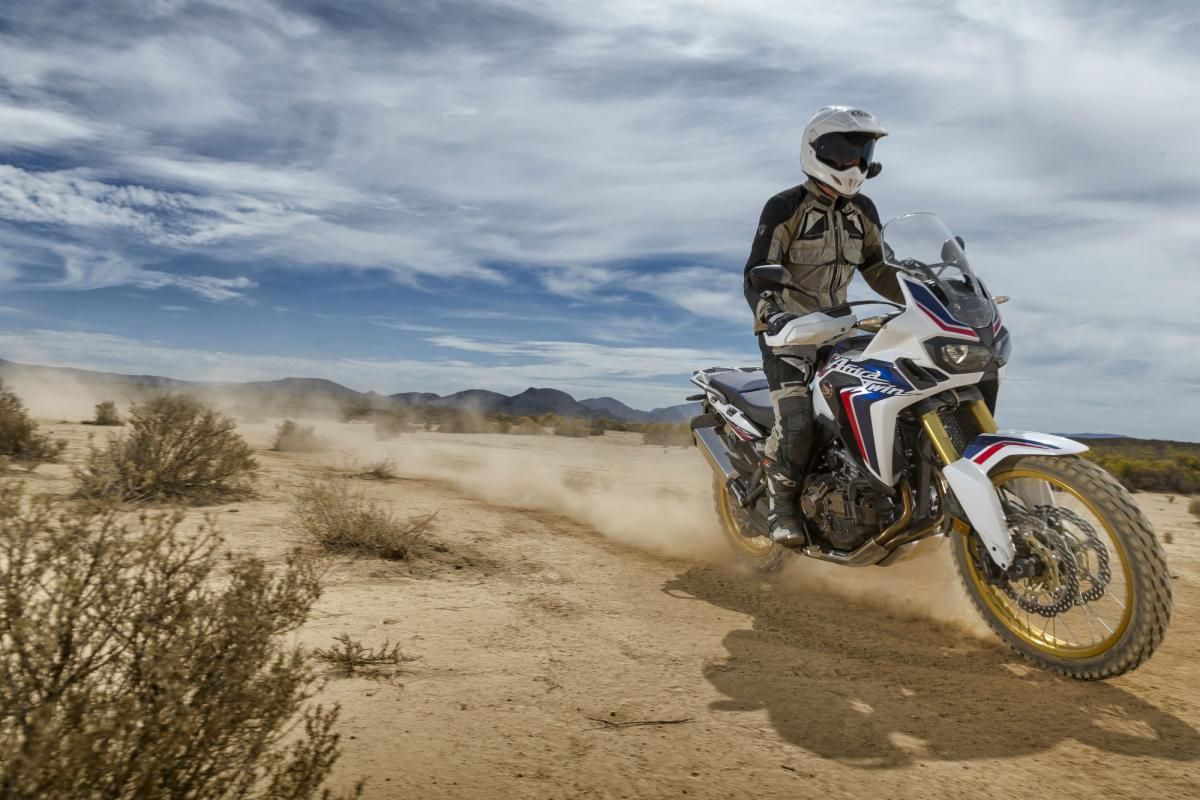Electronic Power Steering is common in cars but not motorcycles: yet! Yamaha has been working on a system for pedal-assisted electric bicycles but now. the technology is being adapted for use on both road and off-road motorcycles.
Power Steering for Motorbikes
It would be hard to think of a new technology that could be applied to motorcycles, given the systems that have been introduced in the past ten to twenty years. What was seemingly unthinkable - or simply not even considered - a few years ago is now commonplace.
There are some technologies, however, that you might think have no application on a motorbike. Power steering would be one obvious system that is essential in cars but would, at first glance, have no use on a bike.
That's not what Yamaha thinks, however. It has been working on Electronic Power Steering for a while and has revealed a system designed for motorcycles.
This technology was first developed for electric pedal-assisted motorcycles and has trickled down from there. Magnetorestrictive torque sensors in the steering head detect the torque the rider puts through the handlebars and a small servo offers assistance. It works at both high and low speeds: at high speeds, the system acts as a sort of steering damper, insulating the rider from bumps and shocks. At lower speeds, the system works exactly like a car's power steering to reduce effort at the handlebars.
The technology would have useful applications in both road and off-road riding. Off-road, taking some of the effort out of steering at low speeds would reduce rider fatigue, while for road bikes, especially large and heavy cruisers or touring bikes, the system would take the effort out of slow-speed manoeuvring.
For it to work effectively, the system has to be as seamless as possible, something that Yamaha claims it has been able to achieve.
It is still open to argument as to whether it is needed, however. The amount of time a rider spends manoeuvring his or her large bike at slow speeds - when parking, for example - is minimal when compared to how long is spent on the open road. Maybe it has relevance in the world of off-road riding but, again, when has rider fatigue been a factor among professionals? For amateurs and weekend riders, when the need to combat fatigue isn't a win or lose situation, is it not just an unnecessary added complication?
The jury is out on this one.

